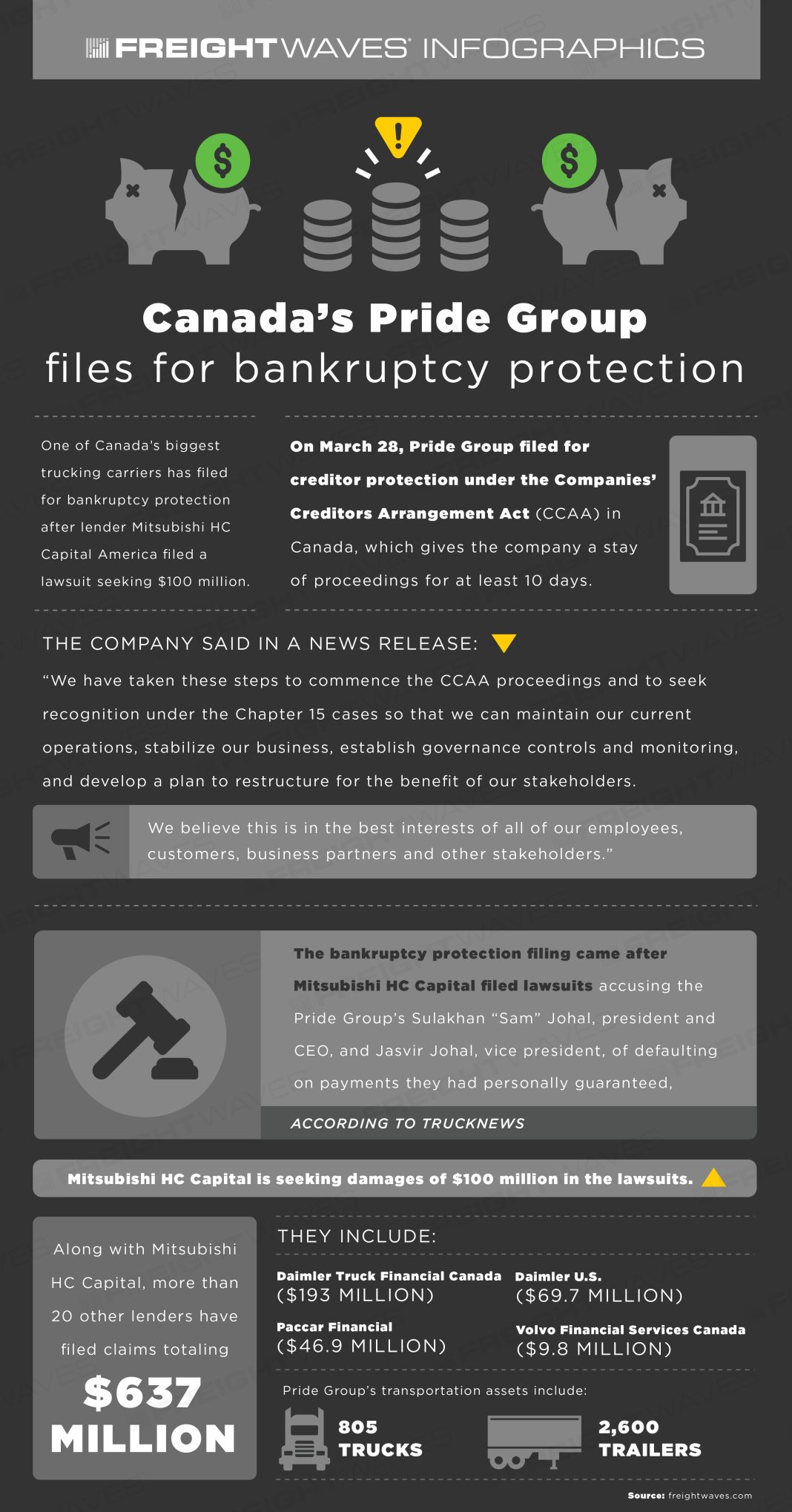 Title: Elon Musk’s X Corp Challenges Nondisclosure Orders in Supreme Court Petition
Title: Elon Musk’s X Corp Challenges Nondisclosure Orders in Supreme Court Petition
Introduction:
Elon Musk’s X Corp has filed a petition with the U.S. Supreme Court, raising concerns about the process that allows officials to obtain information from social media companies while prohibiting these companies from notifying affected individuals. This article delves into the details of the case and explores its implications for executive privilege and other types of privilege.
1. The Challenged Process:
Elon Musk’s X Corp argues that the current process of obtaining secret search warrants enables officials to access potentially privileged materials without providing users with an opportunity to assert their privileges, including constitutional privileges. This raises concerns about due process and the protection of individual rights.
2. Unsealed Documents and Nondisclosure Orders:
In 2023, it was revealed that X Corp had provided data and records from former President Donald Trump’s Twitter account to special counsel Jack Smith after obtaining a search warrant. However, X Corp was prohibited from informing President Trump about the warrant due to a nondisclosure order obtained by Mr. Smith. The order cited concerns about evidence tampering, witness intimidation, and potential harm to the investigation.
3. Violation of First Amendment Rights:
X Corp challenged the nondisclosure order, arguing that it violated their First Amendment rights. They also highlighted the possibility of President Trump invoking executive privilege and the need to notify him so he could assert this privilege. However, U.S. District Judge Beryl Howell ruled against X Corp, suggesting ulterior motives behind their challenge.
4. Upholding the Nondisclosure Order:
The U.S. Court of Appeals for the District of Columbia upheld Judge Howell’s ruling, emphasizing the government’s compelling interests in preserving the integrity and secrecy of the ongoing criminal investigation into the events surrounding January 6, 2021. The court also noted that two of the judges involved were appointed by former President Barack Obama, while the remaining judges were appointed by President Joe Biden.
5. Dissenting Opinion:
Circuit Judge Neomi Rao, an appointee of President Trump, dissented from the majority opinion, arguing that the court allowed access to presidential communications without proper scrutiny of executive privilege. Judge Rao was joined by other President Trump appointees and an appointee of former President George H.W. Bush.
6. The Need for Supreme Court Intervention:
X Corp’s lawyers argue that the Supreme Court should take up the case due to the conflict between the appeals court’s ruling and Supreme Court precedent as well as contradictory rulings from other circuits. They highlight the importance of providing notice and an opportunity to assert privilege before breaching potentially privileged documents.
7. Split in Circuit Court Decisions:
X Corp’s lawyers point out that several circuit courts have issued contrasting decisions regarding protocols for warrants and nondisclosure orders. They highlight a ruling from the U.S. Court of Appeals for the Eleventh Circuit that prioritized attorney-client privilege and a split within the U.S. Court of Appeals for the Second Circuit regarding Freedman v. Maryland.
8. Broad Implications:
The case not only impacts executive privilege but also other types of privilege, such as doctor-patient and attorney-client relationships. X Corp’s lawyers argue that if the current ruling stands, the government can circumvent the Presidential Records Act and deny privilege-holders their opportunity to assert privilege in various cases, including those involving third parties like service providers.
Conclusion:
Elon Musk’s X Corp’s petition to the U.S. Supreme Court raises important concerns about the process of obtaining secret search warrants and nondisclosure orders. The case has implications for executive privilege and other types of privilege, highlighting the need for clarity and consistency in protecting individual rights and due process. The Supreme Court’s decision on whether to take up the case will have far-reaching consequences for privacy and constitutional rights in the digital age.

